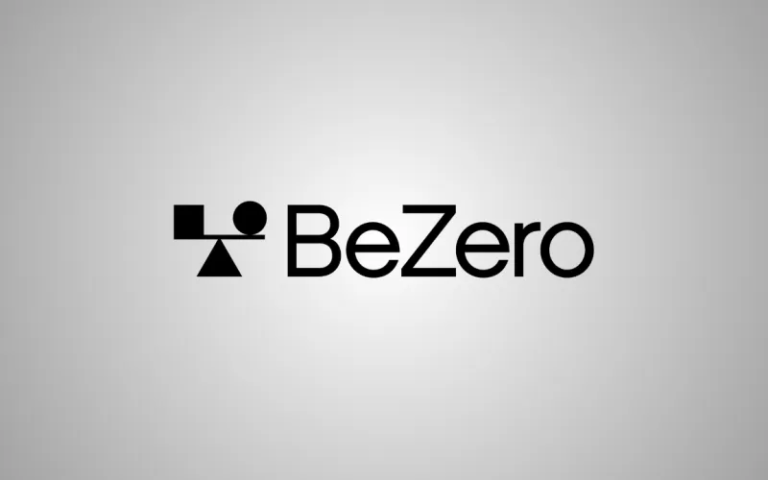BeZero Carbon made a groundbreaking announcement yesterday with the launch of their innovative credit rating system for regenerative agriculture.
This development comes in response to growing recognition of the role agriculture can play in the fight against climate change.
BeZero Carbon’s assessments play a critical role in expanding emerging sectors within carbon markets and provide important information on the benefits and challenges of projects for investors and buyers looking to support climate solutions.
The leading global agency has now shifted its focus to the agricultural sector, where the new project evaluation system aims to assess and reward carbon credit initiatives that prioritize soil health and carbon sequestration.
Relevant: BeZero Carbon publishes first assessment of BECCS Carbon Credits
Teresa Hartmannthe Chief Ratings Officer at BeZero Carbon, expressed her excitement at being able to provide the first-ever rating for a regenerative agricultural subsector, in addition to over 430 ratings for projects in various subsectors.
She said: “This sector is critical to reducing emissions from global food production, and the independent, risk-based assessments help investors have the confidence to channel capital to projects that can have the greatest impact on the environment. ”
BeZero Carbon’s unbiased, third-party evaluations increase investor confidence in the sector and help stakeholders determine the potential success of the regenerative agriculture initiatives they support in reducing carbon emissions. This increased investor confidence results in more financing for scalable solutions needed to achieve climate goals.
Read more: New research by BeZero and Viridios AI reveals the impact of rating on the price of nature-based carbon credits
The innovative assessment mechanism represents an important milestone for sustainable agricultural practices. While previous projects focused on reducing methane emissions, the focus is now shifting to promoting regenerative agriculture initiatives, with a wave of new projects expected to come to market soon.
The first evaluation under the new system was conducted for a project in North America, which received a BBB rating, indicating a reasonable chance of successfully removing or avoiding one ton of CO2.


